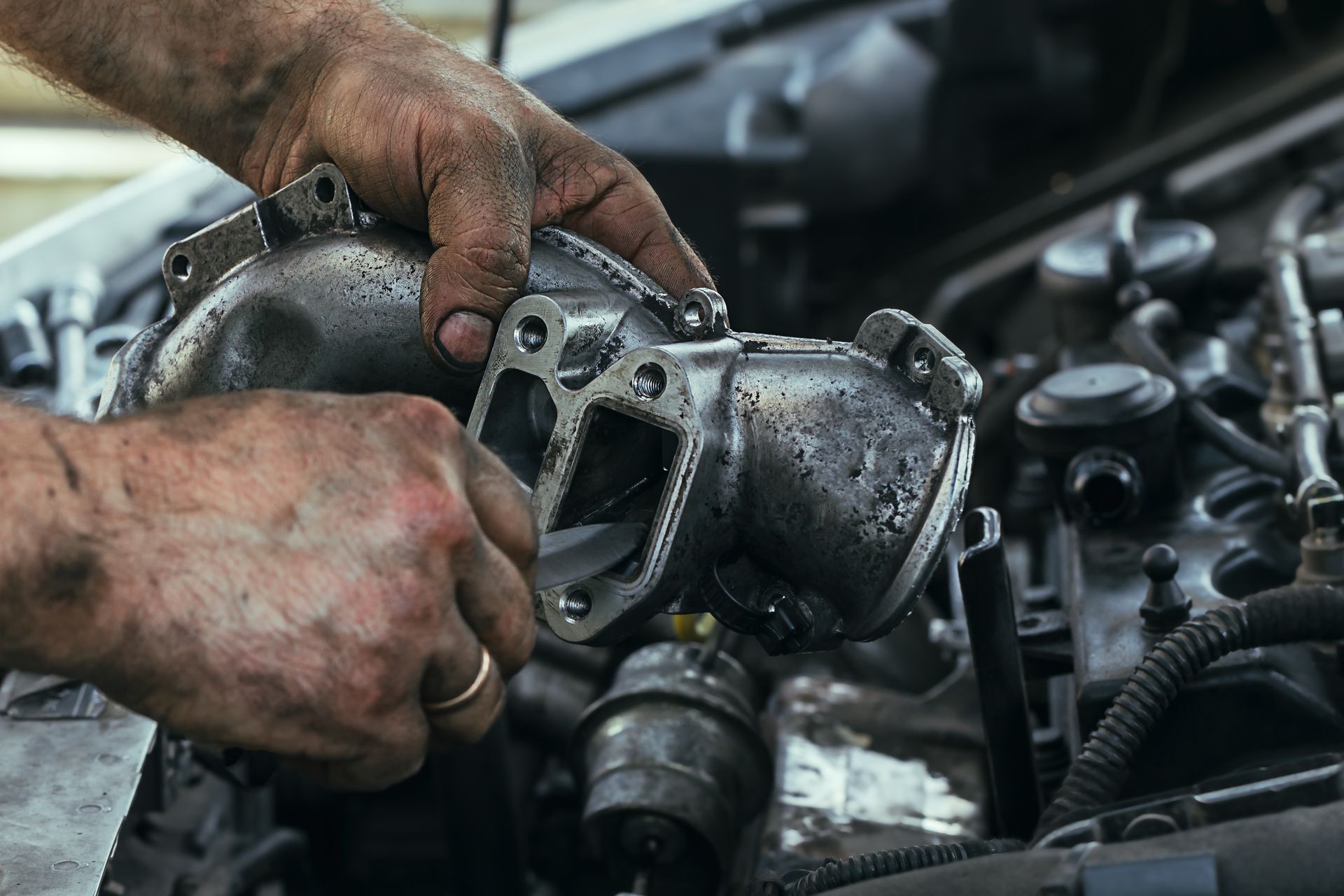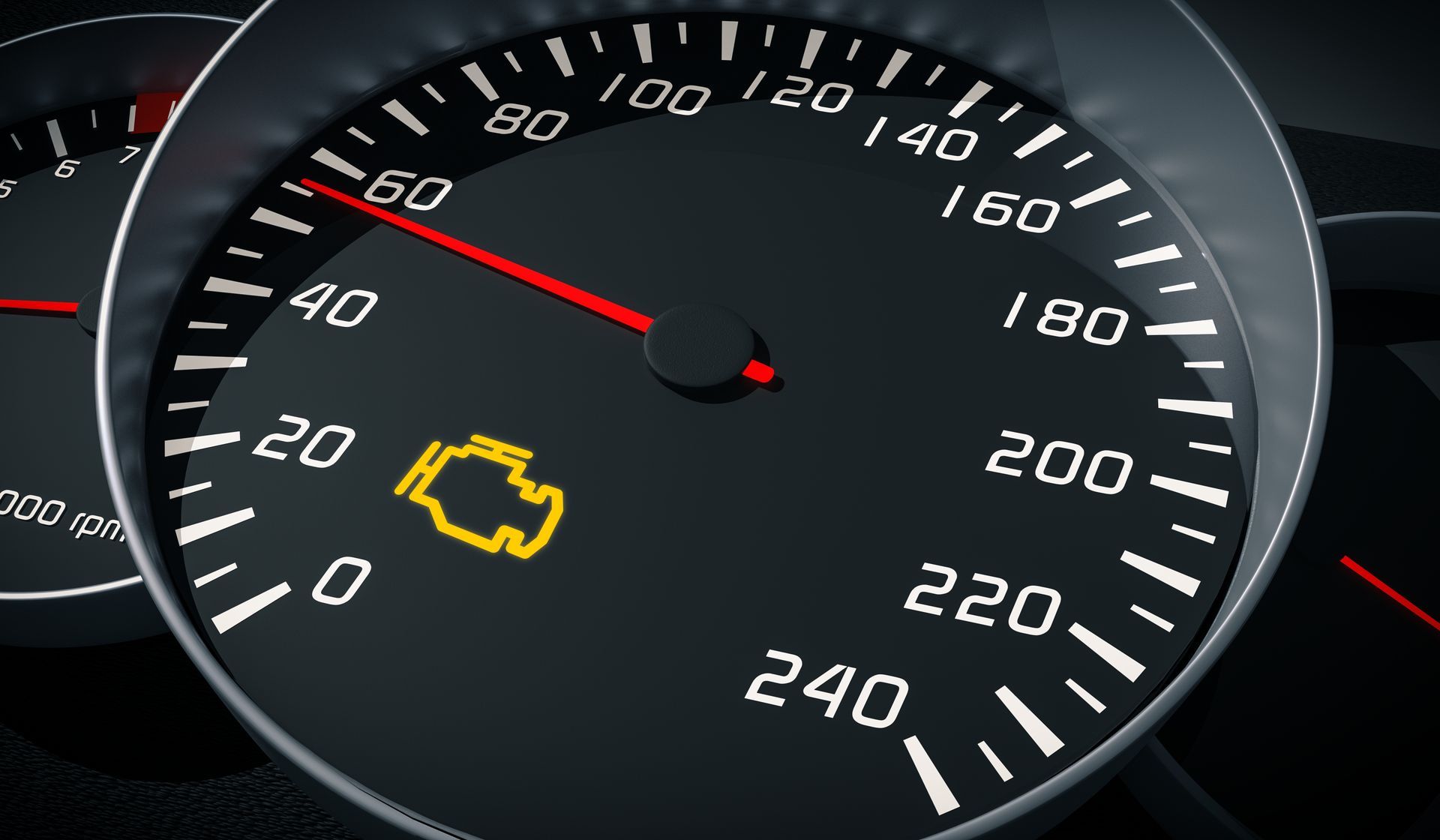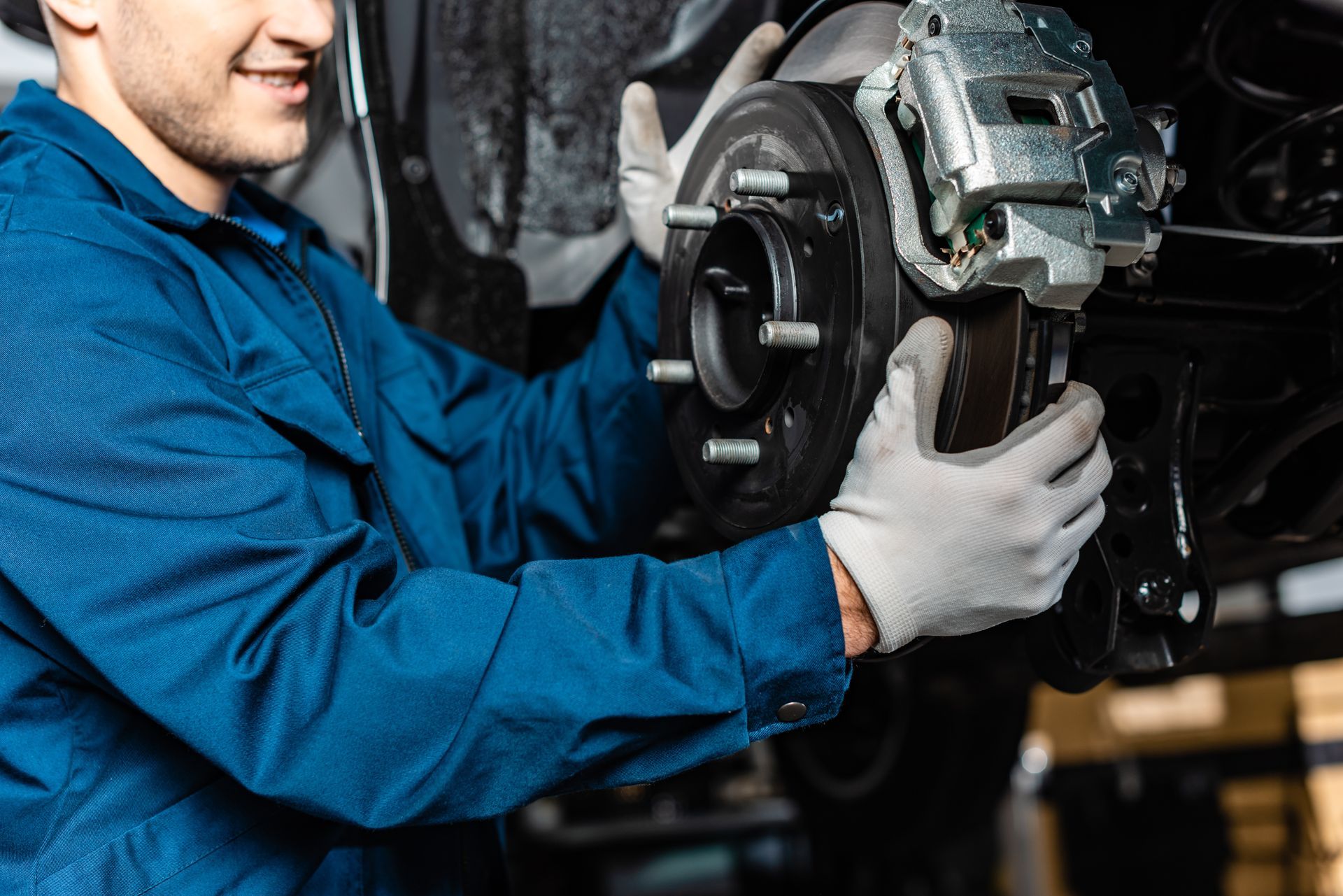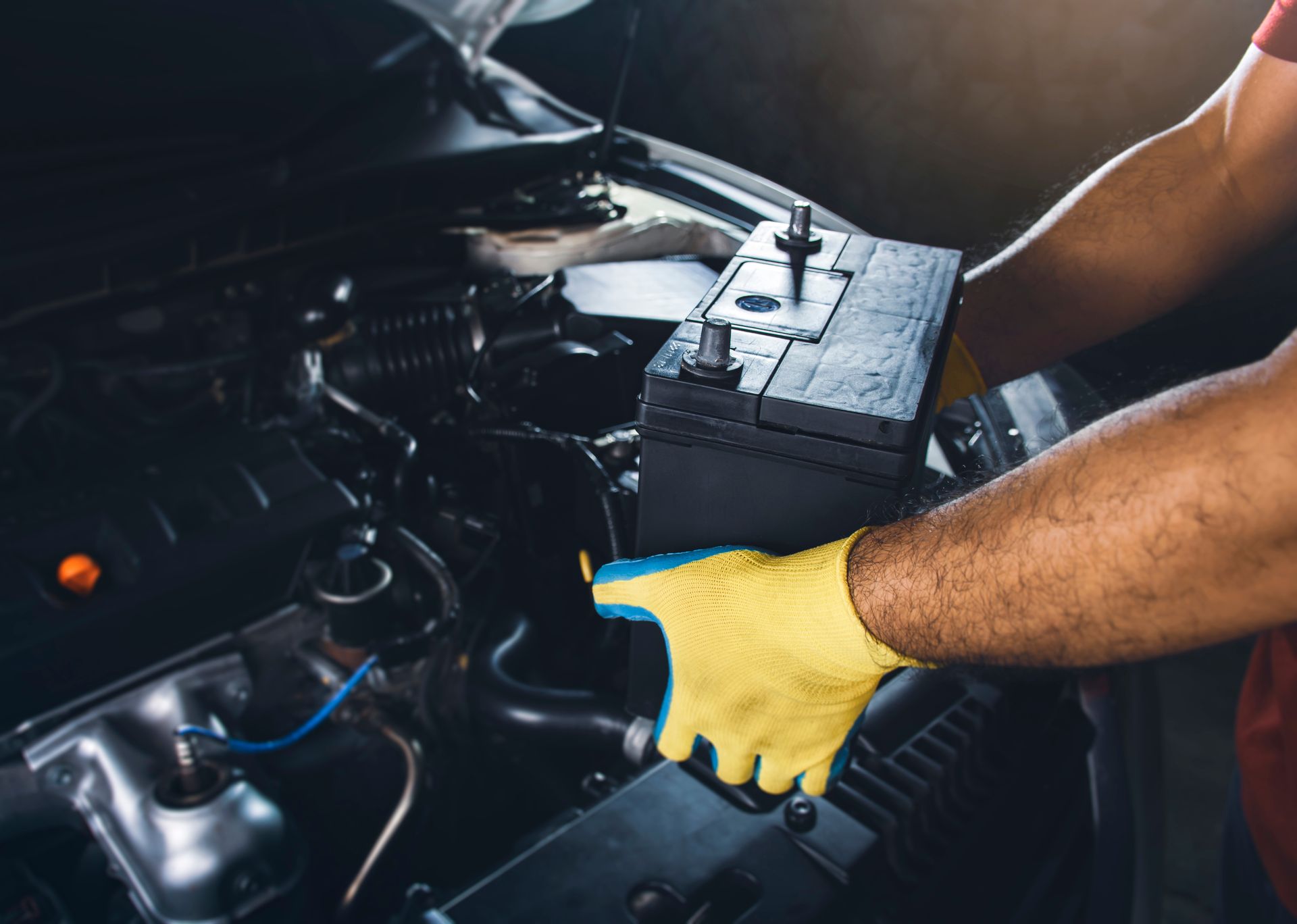5 Signs Your Car's Timing Belt Needs To Be Changed
5 Signs Your Car's Timing Belt Needs To Be Changed
Is your car making strange noises? Experiencing performance issues? It could be a sign that your timing belt is due for a replacement. The timing belt plays a crucial role in the operation of your vehicle's engine, synchronizing the rotation of the crankshaft and camshaft to ensure proper engine timing.
Over time, the timing belt can wear out and become prone to failure, leading to costly repairs and potential engine damage.
1. Engine Misfires
One of the earliest signs of a failing timing belt is engine misfires or irregular combustion. If the timing belt is worn or stretched, it may slip out of alignment, causing the engine's valves to open and close at the wrong times. This can disrupt the combustion process, resulting in misfires, rough idling, and a noticeable decrease in engine performance. If you notice your engine running rough or hesitation under acceleration, it's essential to have your timing belt inspected by a qualified mechanic.
2. Ticking or Clicking Sounds
A worn or damaged timing belt may produce ticking or clicking sounds coming from the engine bay. This noise is often caused by the timing belt rubbing against the timing cover or other engine components as it rotates. As the belt deteriorates, the tension may become uneven, causing it to slap against surrounding parts and create audible vibrations. If you hear unusual noises emanating from your engine while driving, it's advisable to have the timing belt checked promptly to prevent further damage.
3. Oil Leaks from the Timing Cover
Another telltale sign of timing belt issues is oil leaks originating from the timing cover area. The timing cover houses the timing belt and protects it from contamination by dirt, debris, and engine oil. However, if the timing belt becomes worn or develops cracks, it may allow engine oil to seep out and accumulate around the timing cover. Oil leaks can compromise the integrity of the timing belt and lead to premature failure, so it's crucial to address any leaks promptly to prevent extensive engine damage.
4. Engine Overheating
A failing timing belt can also contribute to engine overheating, especially if it causes the engine's valves to remain open or closed for extended periods. When the timing belt slips or breaks, the valve timing becomes out of sync, disrupting the engine's combustion cycle and potentially causing excessive heat buildup. If your engine temperature gauge indicates overheating, or if you notice steam or coolant leaks under the hood, it's essential to pull over and have your vehicle inspected immediately to prevent severe engine damage.
5. Visible Wear or Cracks on the Belt
Finally, visual inspection of the timing belt can reveal signs of wear, cracking, or fraying that indicate it's time for a replacement. Over time, the rubber material of the timing belt can degrade due to exposure to heat, oil, and contaminants, leading to deterioration and potential failure. Inspect the timing belt for any signs of damage, such as cracks, splits, or missing teeth, and replace it if you notice any abnormalities. It's better to be proactive and replace the timing belt preventively rather than risk a costly engine repair down the road.
Common Questions About Timing Belt Replacement
How often should I replace my car's timing belt?
Timing belt replacement is typically recommended every 60,000 to 100,000 miles or every 5 to 7 years.
What happens if I neglect to replace my timing belt?
Neglecting timing belt replacement can lead to engine failure, causing costly repairs like bent valves and damaged cylinder heads.
How can I tell if my timing belt needs to be replaced?
Signs include engine misfires, clicking sounds from the engine bay, oil leaks, engine overheating, or visible wear on the belt.
Timing belt changes at Bullitt Automotive! Call us now, schedule an appointment, and leave the rest to us - we also offer other vehicle repair and maintenance procedures!
Loading ...
Missing business hours data / Error occurred while getting the data.
Our Location
Have Trouble Finding Us?
Loading ...
Missing nap lines data / Error occured while getting the data.










